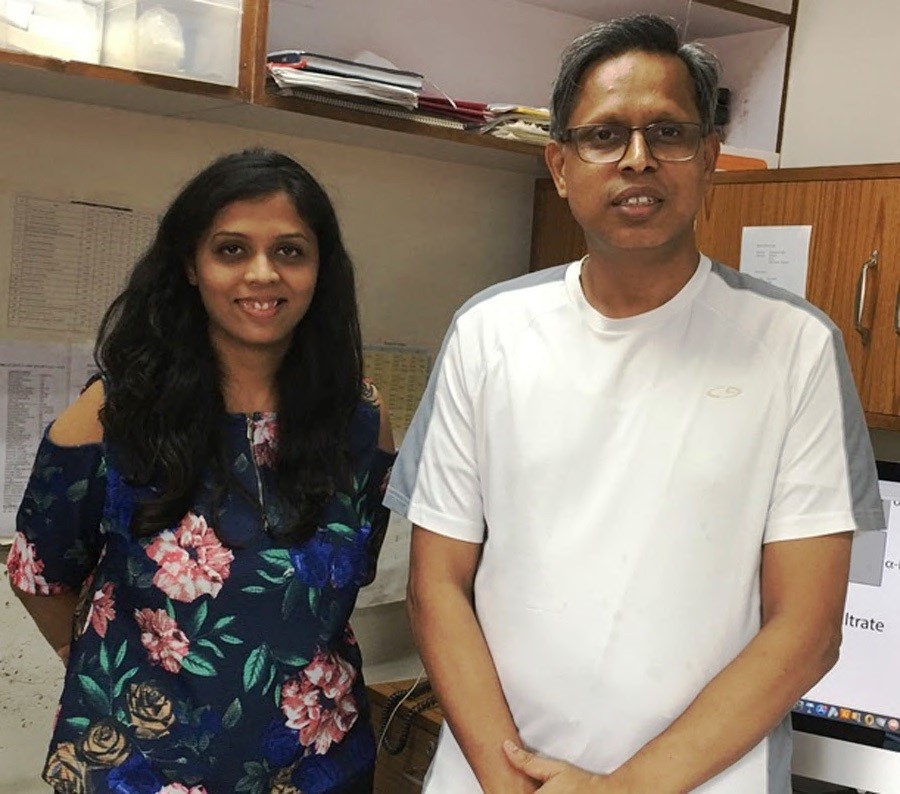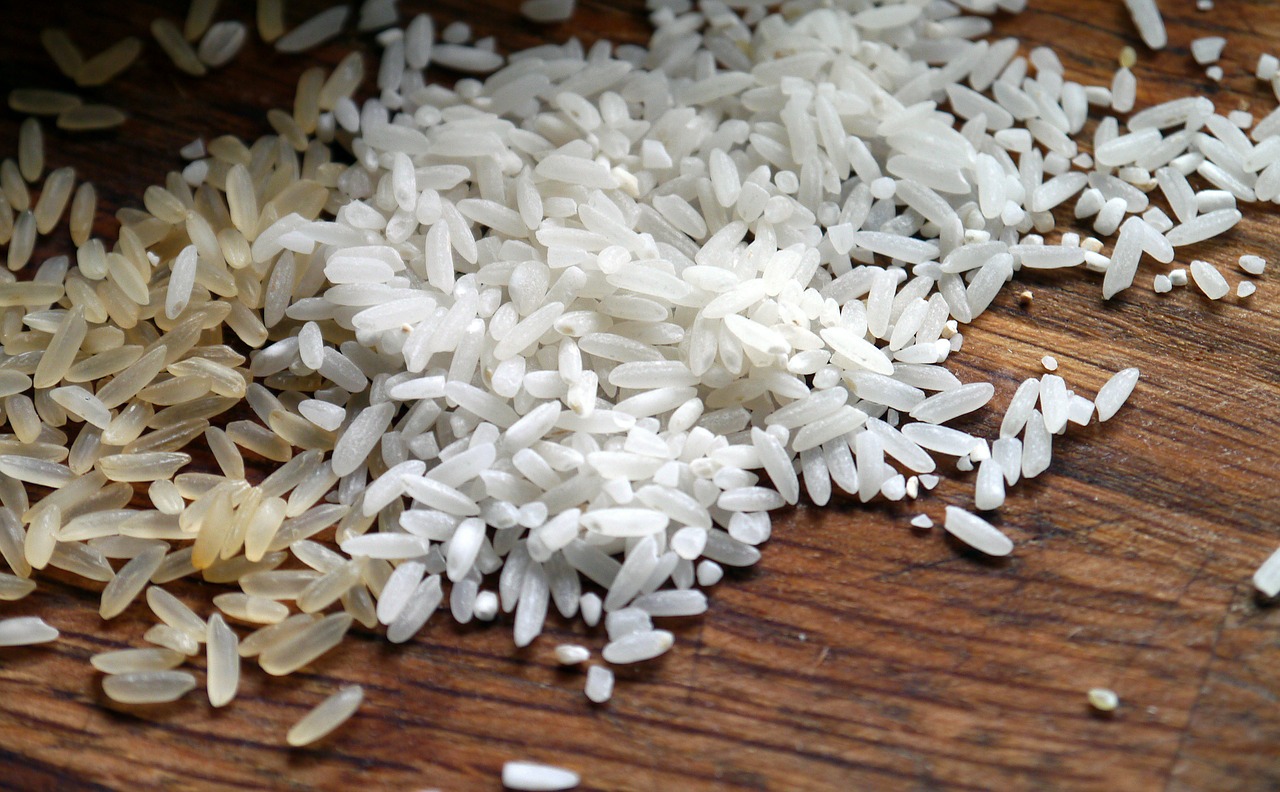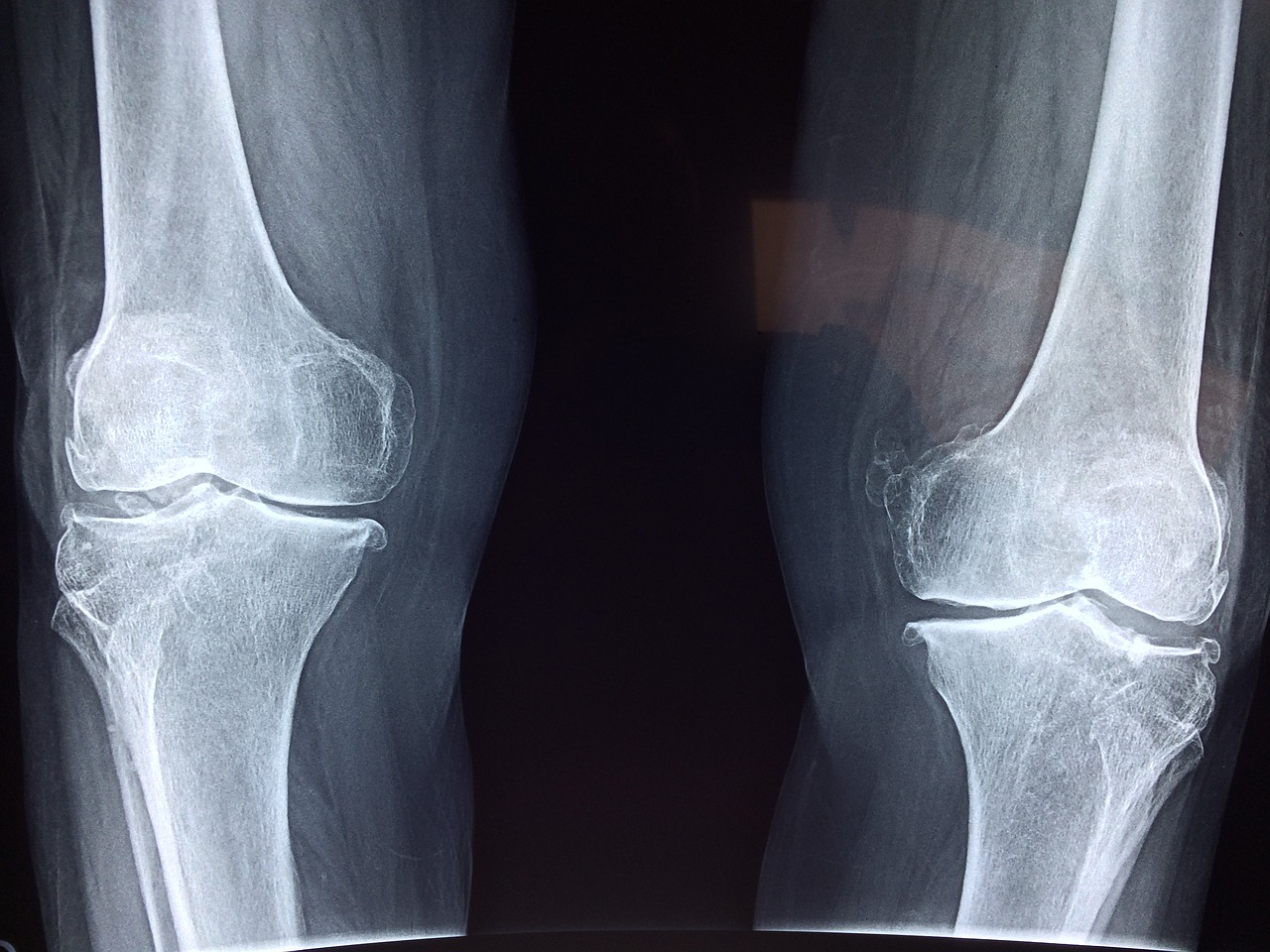
Scientists Find Protein Role in Tuberculosis Bacteria Growth
- News
- 3.5K
In their efforts to find new drug targets against tuberculosis, Indian researchers have identified the role of a protein which is critical for the growth of Mycobacterium tuberculosis (Mtb).

(Left to Right) Preeti Jain and Dr. Vinay K. Nadicoori
Researchers at the National Institute of Immunology (NII) in collaboration with CSIR-Institute of Genomics and Integrative Biology (IGIB) have determined the role of FtsQ, a critical cell division protein and shown that both increasing and decreasing amounts of this protein in Mycobacterium tuberculosis (Mtb) hampers its growth and division patterns.
These works build upon research to understand the regulatory roles of a set of enzymes known as protein kinases in Mycobacterium tuberculosis. “We were investigating the role of phosphorylation, a process which involves the addition of phosphate group, of protein in controlling cell division. Interestingly, Cell division protein FtsQ was identified as one of the targets undergoing such regulatory modification,” said study leader Dr. Vinay Kumar Nandicoori.
The studies involved investigating various aspects of this pathogen related to its growth regulation, cell division and its survival in the hostile environment of the host cells. “While humans are the natural hosts of Mtb, for research purpose we use cell lines and mice models of infection,” he added.
Preeti Jain, a co-author in this study, said, “We sought to understand how these pathogenic bacteria grow and divide from one cell into two daughter cells and how the process is controlled. While a lot is known about the proteins involved in cell division regulation in other bacteria, the identity of the majority of proteins in Mtb is still unknown.”
It was found that modifying optimum protein levels of FtsQ inside Mtb significantly influenced the average cell length, an outcome of abnormal cell division. While the initial decrease in the cellular concentration resulted in smaller cells, upon further decrease they became larger which eventually led to death.
“Cell length and growth regulation in Mycobacterium tuberculosis are currently an intense area of research. The findings are exceptional and exciting, making FtsQ an important target for new anti-TB interventions,” commented Anand Ranganathan, Associate Professor, Special Centre for Molecular Medicine, Jawaharlal Nehru University. He is not involved in this study.
The research team included Preeti Jain, Basanti Malakar, Mehak Zahoor Khan, Savita Lochab and Vinay Kumar Nandicoori (NII); Archana Singh (IGIB). The results of this study were published in ‘Journal of Biological Chemistry.’ This study was funded by the Department of Science and Technology. (India Science Wire)
By Ratneshwar Thakur
Journal Article
Delineating FtsQ-mediated regulation of cell division in Mycobacterium tuberculosis
If you liked this article, then please subscribe to our YouTube Channel for the latest Science and Tech news. You can also find us on Twitter and Facebook.


